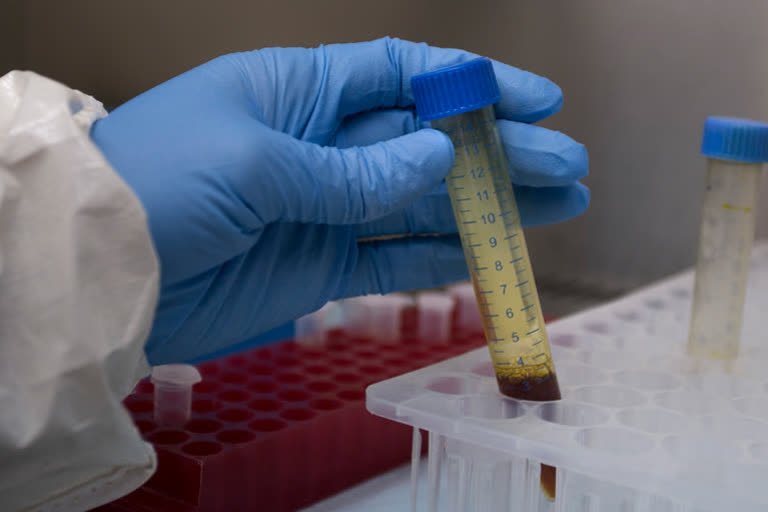Hyderabad: With countries all over the world gearing up towards lifting the lockdown regulations, there has been widespread debate over the issuance of 'immunity passports' for those who have recovered from COVID-19 and those who test positive in the ‘antibodies’ test. The aim is to give them permission to resume their work.
However, there seems to be no evidence as to whether a person who has developed the antibodies after being affected by coronavirus, has developed immunity to the same virus if at all he is exposed to the same, once again. For these reasons, the World Health Organization also has rejected the proposal of the ‘immunity passport’.
Discussions are in vogue with regards to various questions as to what is the response of the immunity system to attack this particular virus, how does this response affect the disease severity in individuals? How long does immunity last?
For how long is the defense required?
If someone gets infected, the immediate response of their immunity system is to mobilise certain white blood cells called macrophages. These cells surround the virus and try to eradicate it. This process is initiated and continues within 5 to 10 days of the body getting infected by the virus. On the other hand, antibodies (which are specific proteins) are produced by the B-white blood cells (called lymphocytes). These cells, while surrounding the virus, try to understand the virus constitution.
Some neutral antibodies try to block the activity of viruses while trying to destroy the virus. Meanwhile, the T-white blood cells detect and kill cells that are infected with the virus. Because of the combined effort of macrophages, B and T-cells, the pathogens that entered into the body will be excreted out of the body at the earliest.
Read:COVID-19 India tracker: State-wise report
Once this process takes place in the human body, memory of this process is retained in the B and T-cells. So, the next time, as soon as the virus infects the person, these cells assist the immunity system in eradicating the virus.
The timeline of this memory retention is wholly dependent on the type of virus that attacks the human body. For example, the life expectancy of this memory with regards to Measles virus is lifelong and in influenza, it is about 6 months. It is unknown at this time as to how long the SARS-Cove-2 immunity will be applicable in a human body.
There are some clues, though. One is that SARS-Cov- 2 is closely associated with SARS and MERS. These antibodies have been found to be present in SARS-infected people for two years and in the MERS victims for a period of three years. Another clue is from the 'Human Corona Virus 229E '. Infact, '229 E' virus is not harmless. It only causes cold in humans. However, this has helped in understanding the immunity response pertaining to humans with regards to the coronaviruses.
In the year 1970, a research on the 229 E virus had found that antibodies formed during this infection are active for less than a year. However, research in the 1990s found that those who were infected by the virus showed fewer symptoms a year later. This means that if the body does not have antibodies, it does not mean that they do not have immunity.
Read:Student develops portable ventilator in collaboration with NIT, Calicut University
Research in Shanghai suggests that the same approach could be applied to Sars-Cove- 2 treatment. They examined the blood samples of 175 people who have been exposed to COVID-19. In most of them, neutral antibodies were produced within 10-15 days of the onset of the infection, with the time period changing on a case by case basis.
Surprisingly, there were no detectable antibodies in about 10 blood samples. However, these patients were found to have recovered satisfactorily. This suggests that the response of other immunosuppressive components, such as T-cells, is crucial. This proves that even if the virus attacks such people once again, their immune system is prepared to counter-attack the virus and thereby prevent it from spreading throughout the infected human body.
This also means that they don't get antibody-based immunity passports, since they do not have the required antibodies in their system. As a result, no one can escape lockdown.
The key objection is that, even if antibody protection is true, these antibody tests still do not prove to be reliable. Likewise, questions remain as to whether these antibodies produced as a result of the virus attack, are neutral or not? Unless all the above questions are answered, an appropriate decision cannot be taken on relaxing the lockdown rules.
Read:Vande Bharat Mission Day 1: Air India, AI Express operate flights to Singapore, UAE
